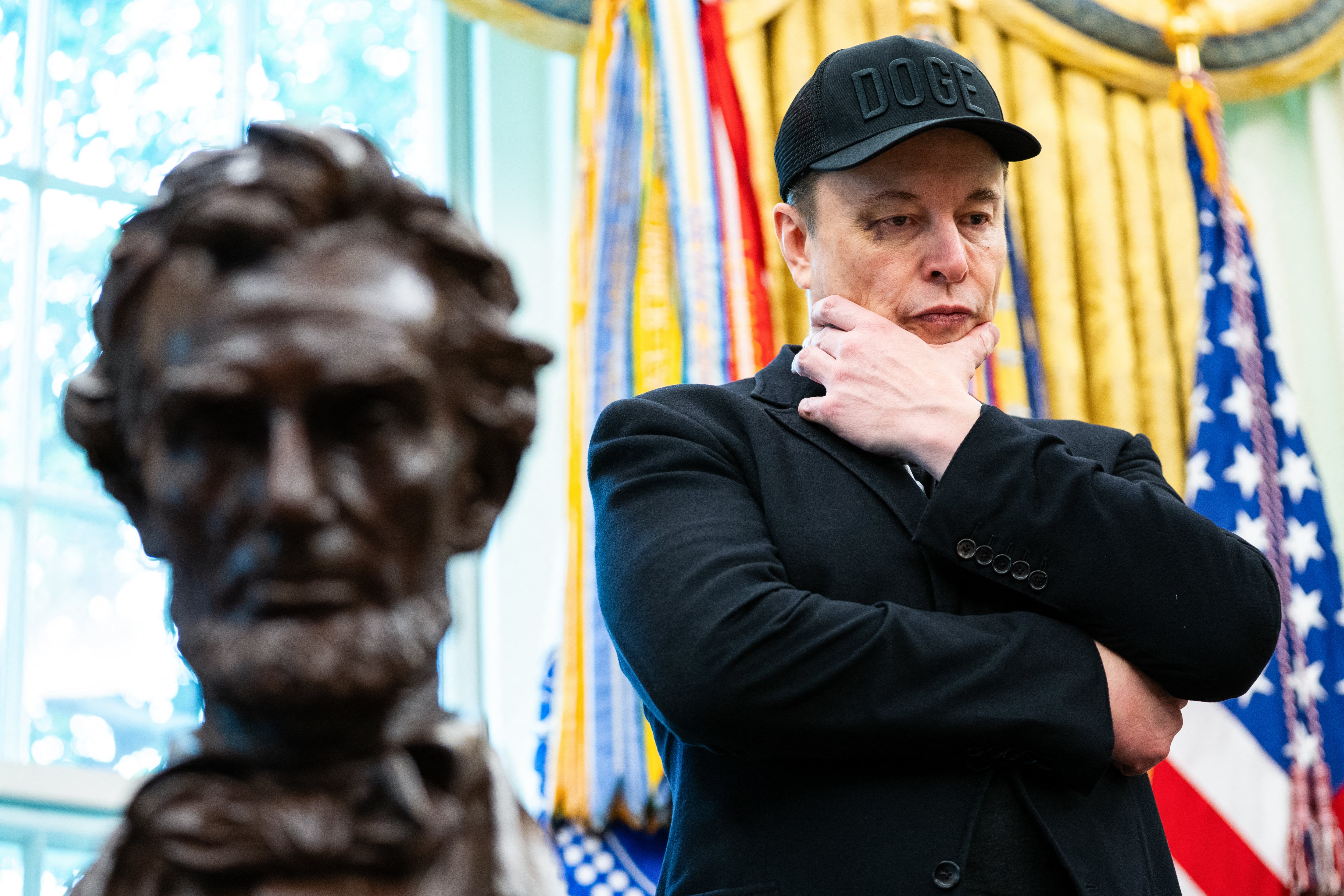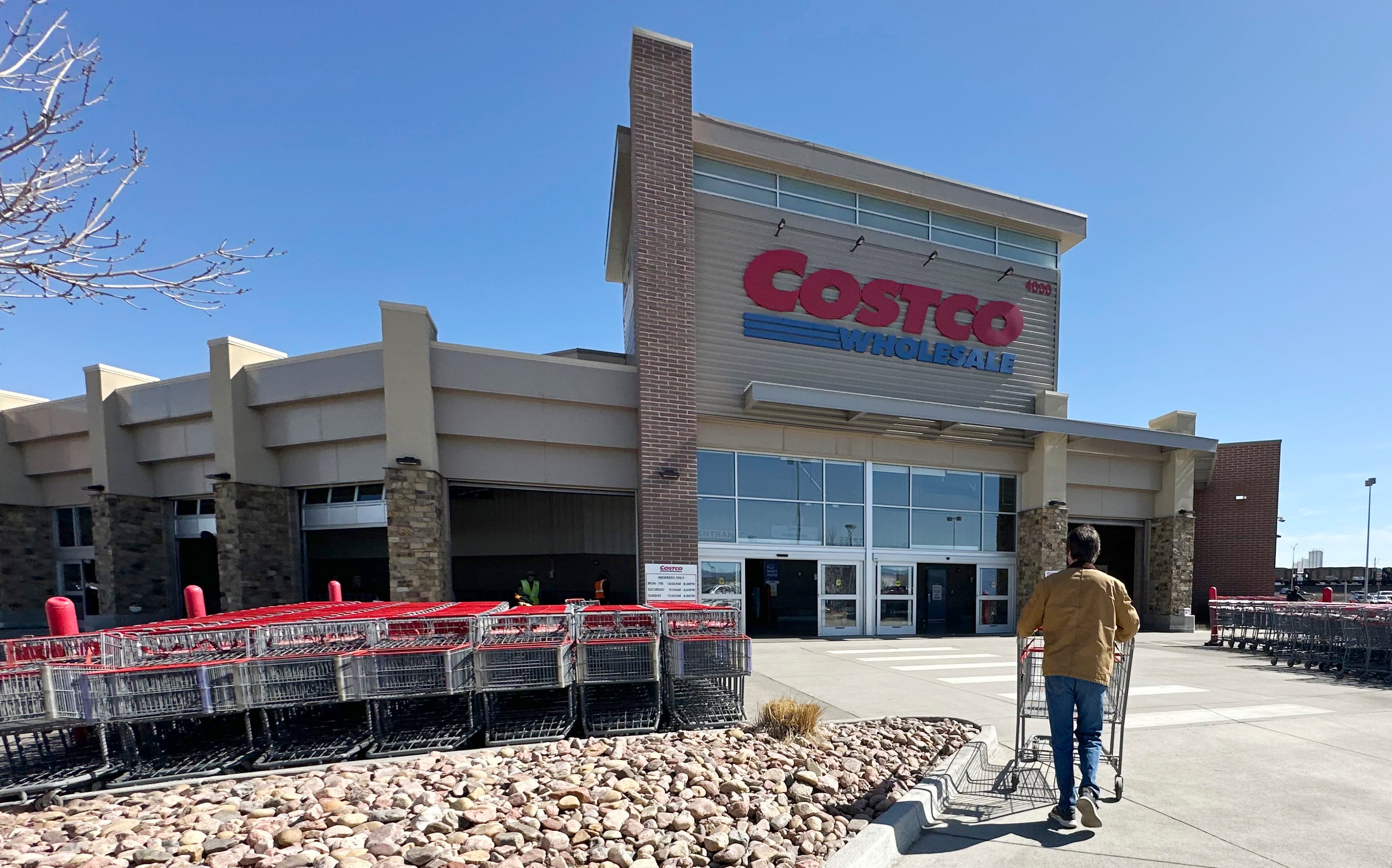More innovation will be the key to Snap’s survival, according to Mashable business reporter Kerry Flynn. “They need to prove that they’re ahead of the curve,” she told Cheddar Friday, the one-year anniversary of the company’s IPO. Her comments came on the same day that Cheddar’s Alex Heath broke the news that Snap is working on a [Spectacles “2.0”](https://cheddar.com/videos/exclusive-snap-to-release-new-spectacles-this-year) that could roll out later this year and be followed by a third version in 2019. The news may be surprising, considering the original Spectacles didn’t quite make a splash the company hoped. Only 150,000 pieces were sold, leaving hundreds of thousands of glasses gathering dust in warehouses and resulting in a $40 million loss. The second version, Cheddar has learned, will be available in new colors and have some minor updates. The third version will have two cameras to allow for greater depth in videos. It could cost $300, more than double the current option’s price. But [Flynn doesn’t think these new products will do much to draw in new users](https://mashable.com/2018/03/02/snapchat-spectacles-2/#H8hIBXeKsiqA) or bring back ones that left. “Maybe for some top creators...maybe like the GoPro audience we’ve seen before. But is that enough to really move the needle for Snapchat? I don’t think so.” But the one thing Snap has going for it, Flynn says, is holding on its key teenage audience. “When it comes to the teens and also the 18-24 audience, Snapchat does perform better,” she said. “That audience is so craved for advertisers.” And if the app can continue to hold on to those users, she said, it will stand strong. For the full interview, [click here](https://cheddar.com/videos/snaps-year-in-review).












